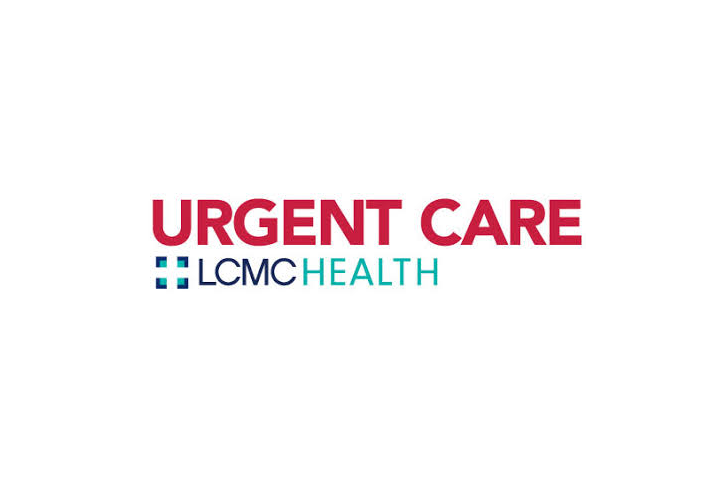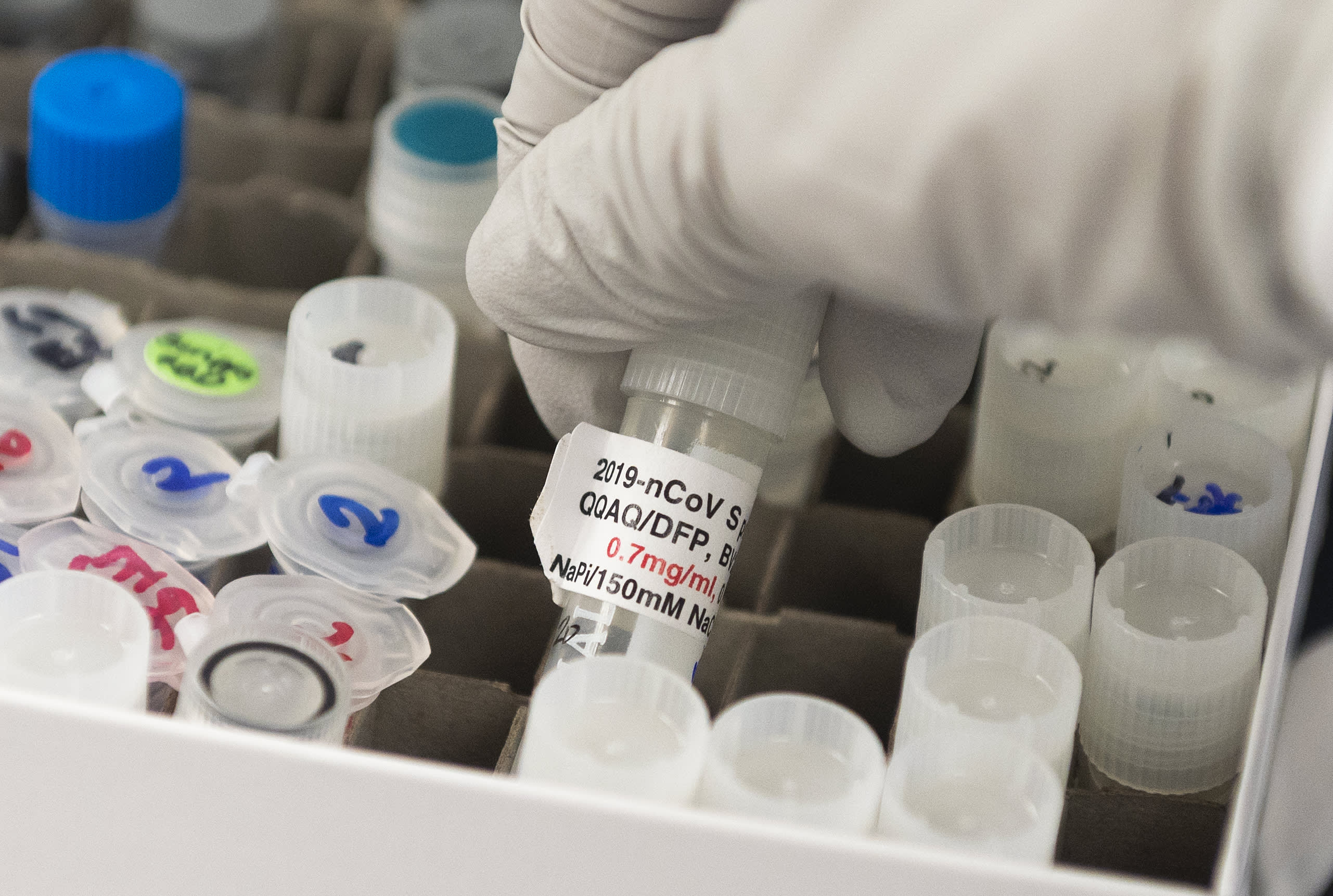The importance of the revenue cycle teams engagement efforts cannot be overstated especially when you consider that the patient is the third-largest payor behind Medicare and Medicaid and that 55 percent of patient responsibility is never recovered according to the National Association of Healthcare Access Management. Benefits of Revenue Cycle Management RCM A well-designed RCM system tracks patient care simplifies the billing and collection cycles by registering appointing scheduling and processing the payment.
 Revenue Cycle Management Aaa Medical Billing Services
Revenue Cycle Management Aaa Medical Billing Services
Another factor growing in importance to the revenue cycle is assisting patients with financial clearance.

Importance of revenue cycle management. An Efficient RCM Team looks after the processing of claims reimbursements from insurance providers and all the revenue related functions necessary for the uninterrupted services. For this reason revenue cycle management comes into play and plays a vital role in how organizations can operate on a day-to-day basis. So in short Revenue Cycle Management Services play an important role in protecting the healthcare providers financial position by enabling the smooth flow of clinical and administrative functions.
In simple terms healthcare revenue cycle. At each step it is important to not only complete or obtain the required information but also to review the previous steps to insure that the information gathered thus far is accurate and complete. Revenue cycle management has a significant impact on the healthcare industry.
Prior to service its helpful for patients to understand their financial liability in. The right RCM solutions can help to ensure the success of your hospital-based service lines like. Anesthesiology radiology emergency medicine and hospital medicine.
Revenue Cycle Management RCM plays an important role in the healthcare industry. The definition of Revenue Cycle Management RCM in healthcare is the process of managing your offices claims processing payment and revenue generation. In order to efficiently manage the patient revenue cycle of your office youll need a medical billing software or practice management software that allows you to effectively keep track of the claims process.
It includes handling claims processing payments and dealing with discrepancies regarding insurance claims. This management cycle involves all the processes related to the finances. However these providers need revenue to pay for medical supplies salaries equipment and more.
Revenue cycle management RCM plays an important role in this especially for hospital-based physician specialties due to the complexities of billing and revenue collection. By implementing RCM healthcare providers can more easily identify where errors are. So whether youre a part of a healthcare organization thats starting to evaluate vendors to outsource this process to or youre just trying to wrap your head around it heres why revenue cycle management RCM is so important.
Healthcare Revenue Cycle Management addresses this need of health care systems to keep their finances robust. Revenue cycle management benefits include. Best Practices for Revenue Cycle Management.
Revenue Cycle Management RCM begins when the patient enters into a relationship with a healthcare organization. Here is an explanation for revenue cycle. Heshe continues through the entire process until treatment is complete and any balance on the account is paid off.
To achieve an effective revenue cycle management process practices must consider the financial impact of treatment costs on patients and prepare them as much as possible for these costs. The revenue cycle consists of the following major components. Preventing claim denials also keeps the administrative burden to a minimum.
This is because healthcare organizations need to have policies and practices in place for remaining financially fit. If you want to optimize your RCM we hope these practices give you a good. Importance of Revenue Cycle Management in Healthcare Revenue Cycle Management Process in Healthcare.
Managing revenue is vital for any business but may not be the primary focus of healthcare providers. While there is no replacement for high-quality care there is literally no denying the importance of following the 9 steps of revenue cycle management. With the help of RCM communicating with.
Healthcare revenue cycle management is the management of the financial process that helps healthcare providers manage the administrative and clinical functions related to processing claims payment and revenue generation. As explained in recent publications AI or Artificial Intelligence is going to boost the efficacy of a revenue cycle management system by acting as the digital employee to the physicians. In many cases advanced warning of an upcoming financial burden can allow patients to set aside funds or find additional sources of funding to make costly procedures possible.
Inaccurate estimates however. If playback doesnt begin shortly try restarting your device. Increased average of claims paid after 1st submission Increased average of current claims 0-60 Days Reduced denial rate Improved net revenue to the practice Higher percentage of clean claims Reduced outstanding accounts receivables Faster claims.
Revenue Cycle Management is a process through which a patients healthcare lifecycle is taken care of by healthcare companies. The Benefits of Revenue Cycle Management Identifying and Resolving Errors. The payments made by a patient on their healthcare regardless of whether they are financed by the patient themselves or by their insurance company need to be monitored so that the revenue generated by these payments can be managed efficiently.










